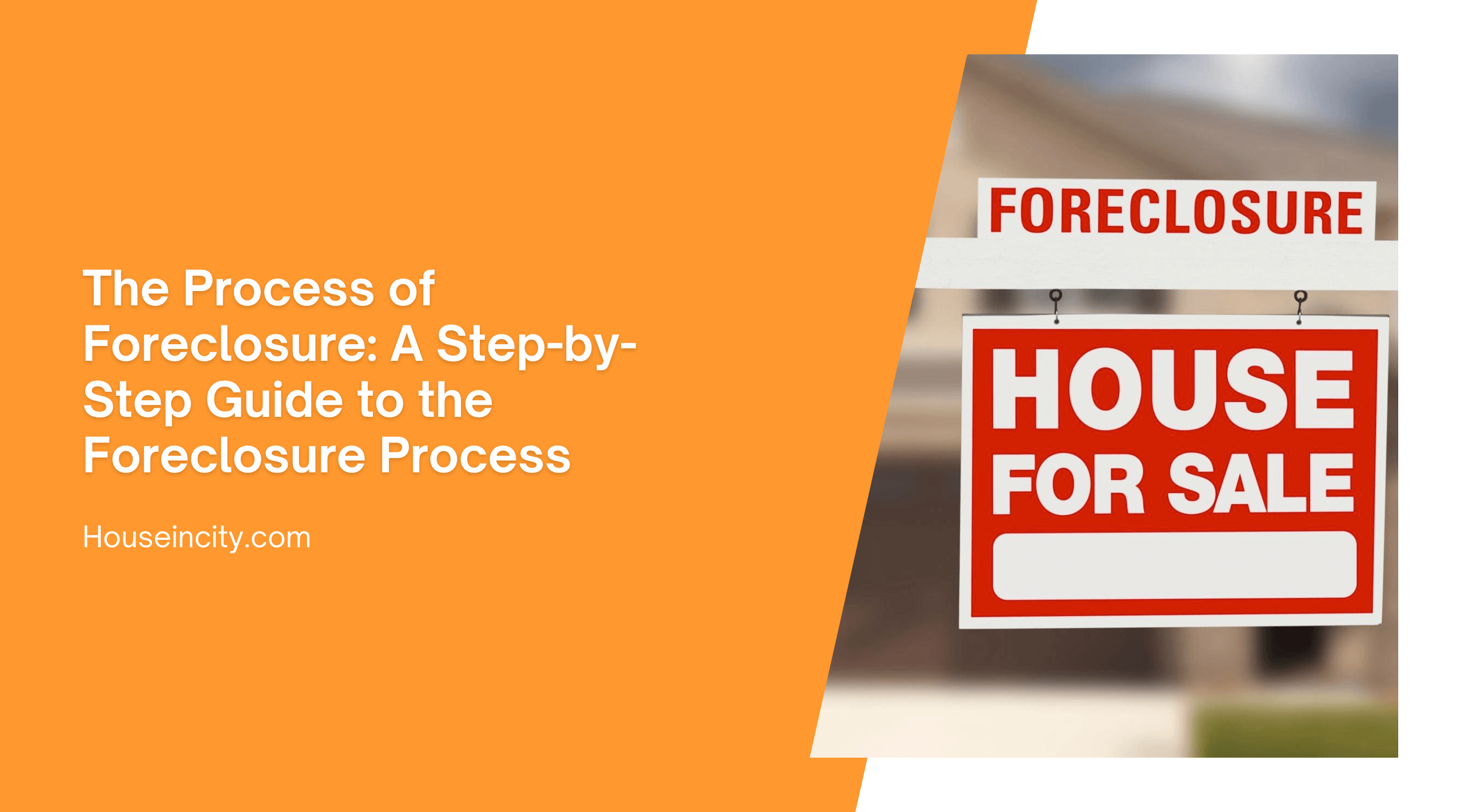The process of foreclosure scares millions of Americans who are face losing their homes. With all the information available, it’s hard to tell what the foreclosure process really is. Here is a basic guide to the process of foreclosure. Keep in mind that your state may vary a little bit. If you are facing foreclosure, contact a HUD approved counselor or real estate attorney for personalized guidance.
The Process of Foreclosure: A Step-by-Step Guide to the Foreclosure Process
Process of Foreclosure: First Steps
The first step in the foreclosure process is that you become ninety days or more behind in mortgage payments. You will not hear from your lender until you are at least thirty days behind in your payments. If you know that you have no option other than to proceed with the process of foreclosure, speak with a real estate attorney or HUD approved counselor ASAP. During the first steps in the process of foreclosure the only real consequence is that your credit report is blemished with a late payment. You can bring your loan current at any time by scheduling a payment.
Foreclosure Process : Notice of Default
A lender will send you a Notice of Default after you are about ninety days behind in payments. This is a very important document in the process of foreclosure, as it outlines what you can do to save your home. If you don’t respond to the notice, the lender will move on to the next step in the foreclosure process which is to sell your home.
Process of Foreclosure: Sale at Auction
A Notice of Sale will be filed with the county clerk’s office where you live if you do not respond to the Notice of Default. This notice will be published in a newspaper in your area, making it one of the more embarrassing parts of the process of foreclosure. The date of sale is not set in stone. You can still try to make arrangements with your lender to save your home.
Foreclosure Process: Eviction
You do not have to walk away from your home in the middle of the process of foreclosure. Eviction is a separate legal process from that of foreclosure. A new owner such as the lender or third party must gain title to your home before they can kick you out. If you stay in the home throughout the process of foreclosure, be sure to save up money so that you can rent a home after you are forced to leave. Eviction laws vary by state, so speak with an attorney or consumer advocacy group to make sure your rights aren’t violated.
Process of Foreclosure: Right of Redemption
Some states give you a right of redemption. If you can secure another loan or have access to money to pay off the loan you can buy back your house within a reasonable amount of time (usually one year). If you think you qualify for a right of redemption, contact a real estate attorney in your state.
Foreclosure Process: Credit Consequences
You will not be able to secure a mortgage for about seven years after you go through the process of foreclosure. In addition, your credit score will bottom out and you will find it difficult to obtain any form of credit. This is the second worst consequence of the process of foreclosure. You might have a hard time finding a landlord who will rent to you after a foreclosure. This is why it is so important to save money while you are living in your home during the process of foreclosure. A landlord is usually more willing to work with you if you prepay your rent for several months in advance.
The process of foreclosure is scary. It will take a long time in most states to complete the foreclosure process. Understanding what is going on will ensure that you minimize problems faced after the process of foreclosure.
